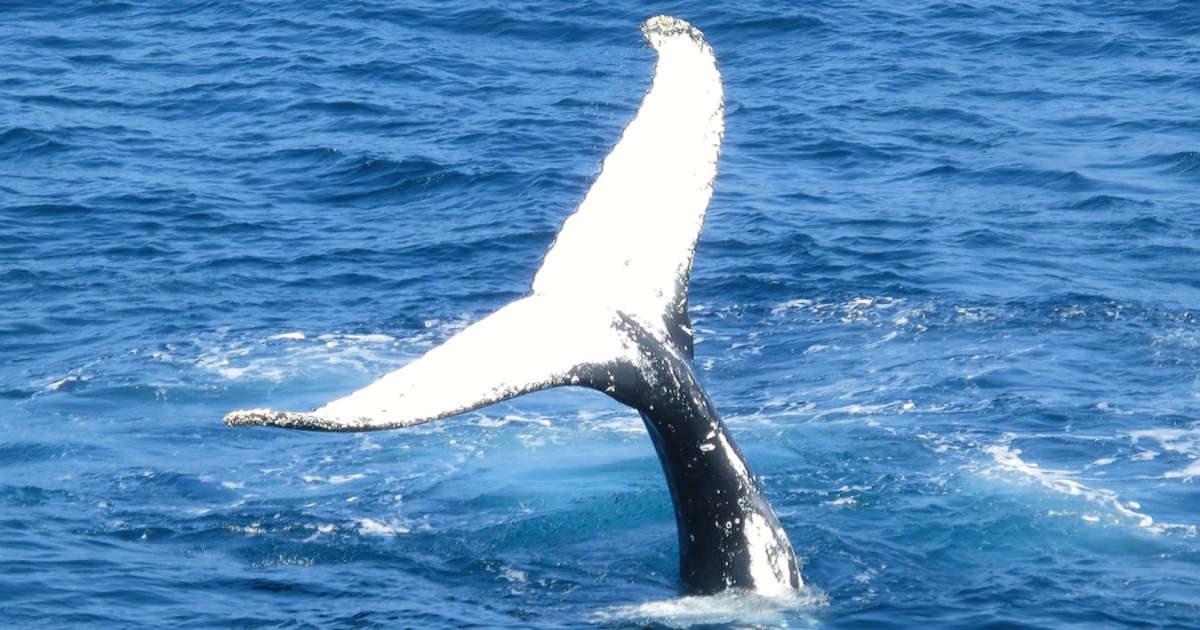
There is nothing more shocking than entire animal species going extinct, and the recent situation in Australia has proven this in the worst way possible. However, things don't always have to be dark, and hope can arise when we're least expecting it. And what's more hope-inspiring than learning that a marine species is not only bouncing back but thriving. New research demonstrates that humpback whales in the South Atlantic have rebounded from the verge of extinction.
Pressure from the whaling industry during the early 1900s led populations of South Atlantic humpbacks to diminish to just 450 whales total. Approximately 25,000 of the mammals were hunted within 12 years, according to GoodNewsNetwork.
In the 1960s, scientists observed that the whale populations were declining worldwide. In the mid-80s, the International Whaling Commission issued a moratorium on all commercial whalings. Even further safeguarding initiatives have since been approved to help the struggling populations of the whale.
Thanks to research that was co-authored by Grant Adams, John Best, and André Punt from the University of Washington’s School of Aquatic and Fishery Sciences, we finally know that the species’ population (Megaptera novaeangliae) has rebounded to 25,000. Conservationists say that this estimate is similar to pre-whaling numbers.
The study, published in the journal Royal Society Open Science, refuted a previous assessment made by the International Whaling Commission between the years 2006 and 2015. The previous study indicated that the population had recovered to about 30% of its pre-exploitation numbers. This newly-published data, however, is providing more accurate information on catches, life-history, and genetics.
The authors hope that the model built for the study can be used to determine population recovery in other species, as well. Lead author Alex Zerbini, from the UW’s Joint Institute for the Study of the Atmosphere and Ocean, pointed out the importance of capturing population assessments without biases. He also said that the findings are a good example of a species rebounding from near-extinction.












COMMENTS